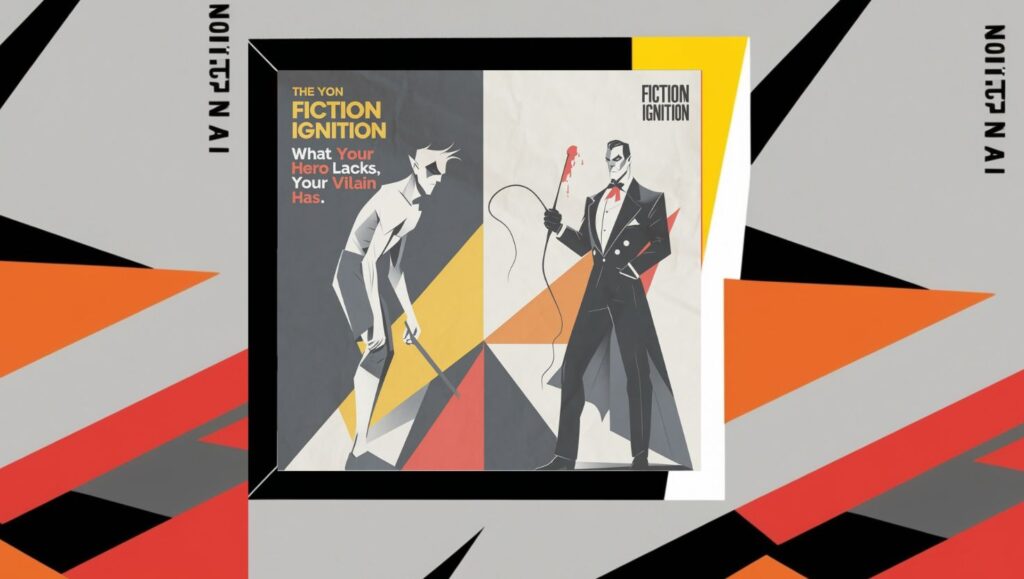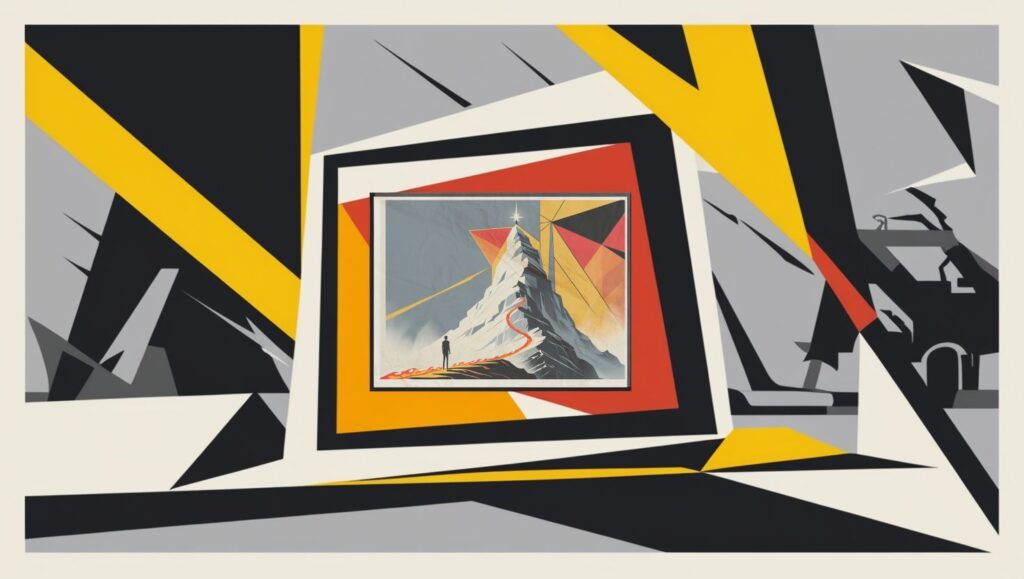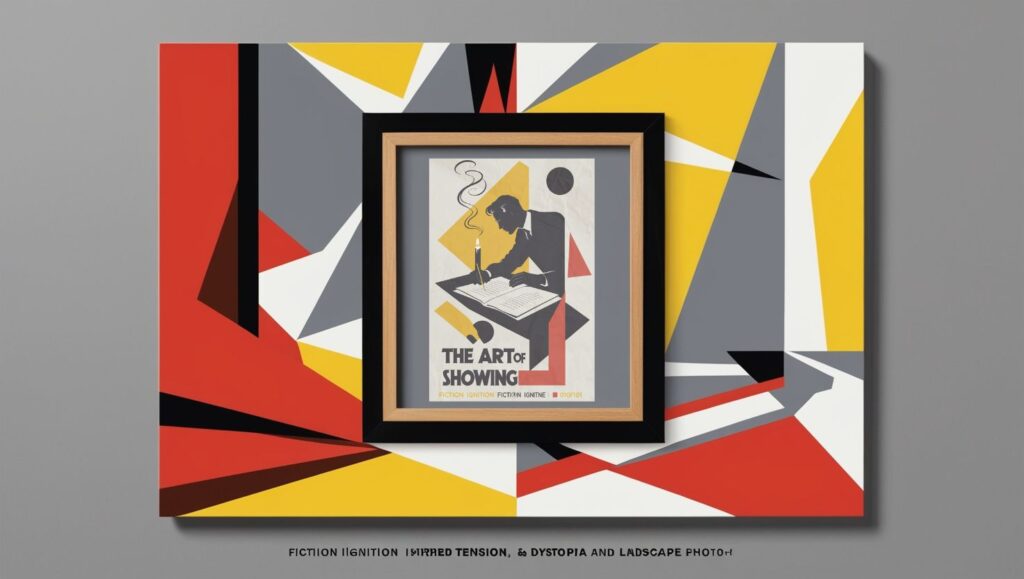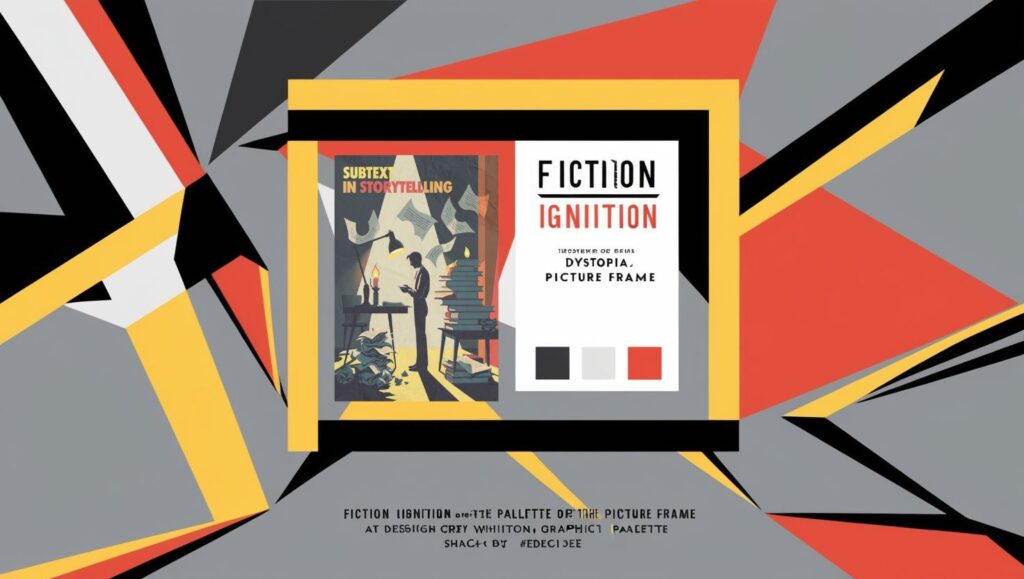Greetings, my Literary Pyromaniacs! It’s me, your trusty Flamekeeper, Yoshi Maeshiro, here to fan the flames of your creative genius. Let’s talk about a small thing with a big punch: titles. Oh yes, those few words can make or break your story before anyone reads the first line.
Now, I know what you’re thinking. “But Flamekeeper, I’m a storyteller, not a headline writer!” And to that, I say, my prose pioneer, you’re both. Because a title isn’t just a label; it’s a promise, a hook, and an invitation wrapped into one tidy package. And to show you how much a title matters, let’s dig into some juicy stories, iconic examples, and, of course, some fiery advice to help you craft titles worthy of your masterpieces.
Hemingway: The Title Tinkerer
First up, let’s tip our hats to the great Ernest Hemingway. In a Paris Review interview, Papa himself revealed that after finishing a story, he’d sit down and make a list of potential titles. Imagine it: Hemingway, sipping a scotch, scribbling ideas like “The Sun Also Rises” or “A Farewell to Arms,” testing each one like a chef tasting soup. He said, “I always try to write on the principle of the iceberg. There is seven-eighths of it underwater for every part that shows.”
Now, why did he tinker so much? Because Hemingway knew that a title has to hint at the submerged iceberg—the depth and theme beneath the surface of the story. He didn’t just name things willy-nilly. He picked words that lingered in the mind like a stubborn melody. So, when you’re naming your story, take a page from Hemingway’s playbook: brainstorm, experiment, and don’t settle for the first thing that pops into your head.
McKee’s Hamlet Lesson: What’s in a Name?
Now let’s skip over to Robert McKee, the storytelling sage who dropped some serious wisdom about Shakespeare’s Hamlet. Why wasn’t it titled The Melancholy Dane or Revenge in Elsinore? Because Shakespeare knew what he was doing. By calling it Hamlet: Prince of Denmark, he told the audience right away: this is the story of one man, one prince, and his struggle against the world (and himself). The title sets expectations. It’s intimate, yet grand. Personal, yet political.
So, ask yourself: what does your title promise? If it’s vague or generic, it might set the wrong expectations. For instance, if you’re writing a horror story, don’t title it A Nice Summer Day. Unless, of course, that’s the twist—in which case, carry on, you clever devil.
The Shawshank Redemption: Great Movie, Tricky Title
Alright, time for a Hollywood tale. The Shawshank Redemption is now hailed as one of the greatest movies of all time. But when it first hit theaters? It flopped. Why? Partly because of its title. Let’s face it: “Shawshank” isn’t exactly a word that rolls off the tongue or sparks curiosity unless you already know it’s a prison. And “Redemption” might feel a little heavy-handed to some folks.
Would it have performed better with a punchier title? Maybe. Something like Escape from Shawshank or Hope in Chains could have been more market-friendly. But hey, hindsight is 20/20. The lesson here is clear: your title needs to intrigue and invite, not confuse or intimidate.
Five Titles That Nailed It (and Why)
Let’s talk about some titles that hit the sweet spot. Here are five that make me want to throw a standing ovation:
- To Kill a Mockingbird – It’s poetic, symbolic, and instantly intriguing. Who’s killing a mockingbird? And why? You’re hooked before you even open the book.
- 1984 – George Orwell didn’t need a long title. Just a year. But it’s a loaded year—a warning, a prophecy, a nightmare.
- Jurassic Park – Simple, punchy, and vivid. You immediately know it’s about dinosaurs, and who doesn’t love dinosaurs?
- The Catcher in the Rye – Mysterious and metaphorical. It makes you wonder: what does it mean to catch in the rye? And why is it important?
- The Silence of the Lambs – Creepy, haunting, and unforgettable. It’s a title that whispers in your ear long after you’ve heard it.
How to Choose the Best Title for Your Work
Alright, my story alchemists, here’s the part where I give you the keys to the kingdom. When choosing a title, keep these fiery tips in mind:
- Reflect the Theme – Your title should hint at the soul of your story. What’s the big idea? The emotional core?
- Be Memorable – A great title sticks. It’s like a song lyric you can’t stop humming. Short and snappy often works best.
- Evoke Curiosity – Make your audience ask questions. If they’re curious, they’ll pick it up.
- Test It Out – Say it out loud. Write it down. Ask friends (preferably honest ones). Does it feel right?
- Don’t Overthink It – Sometimes, the best titles come naturally. Don’t twist yourself into knots trying to be clever. Just be true to your story.
My Personal Title Struggle
Can I get real with you for a second? I’ve spent hours—days, even—agonizing over titles. I once wrote a sci-fi story about a sentient robot and called it Metal Heart. Decent, right? But it felt too obvious. So I changed it to The Clockwork Soul. Then to Wired for Hope. By the time I settled on Automaton’s Lament, I was ready to pull my hair out. The moral of the story? Titles are tricky, but when you find the right one, it’ll feel like striking gold.
Final Thoughts
So, my wordsmith warriors, remember this: your title is the first spark of your story’s fire. Make it count. Take inspiration from the greats, test your options, and don’t be afraid to take risks. You’ve got this!
And as always, until next time: don’t write, ignite!









